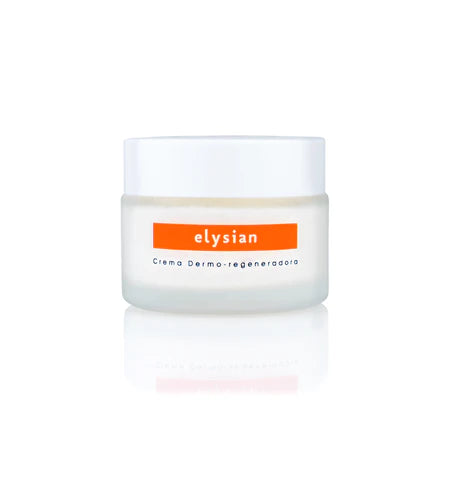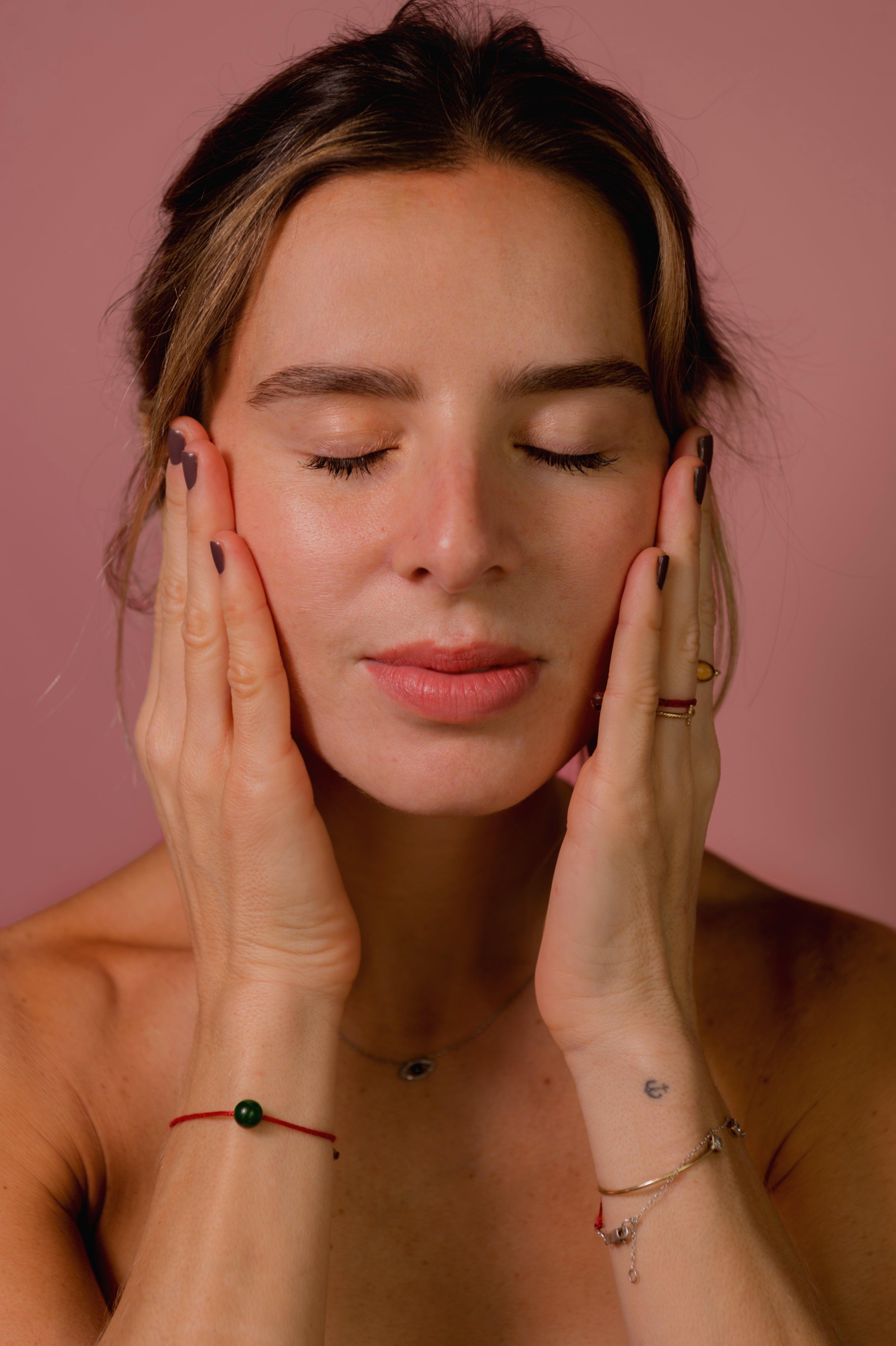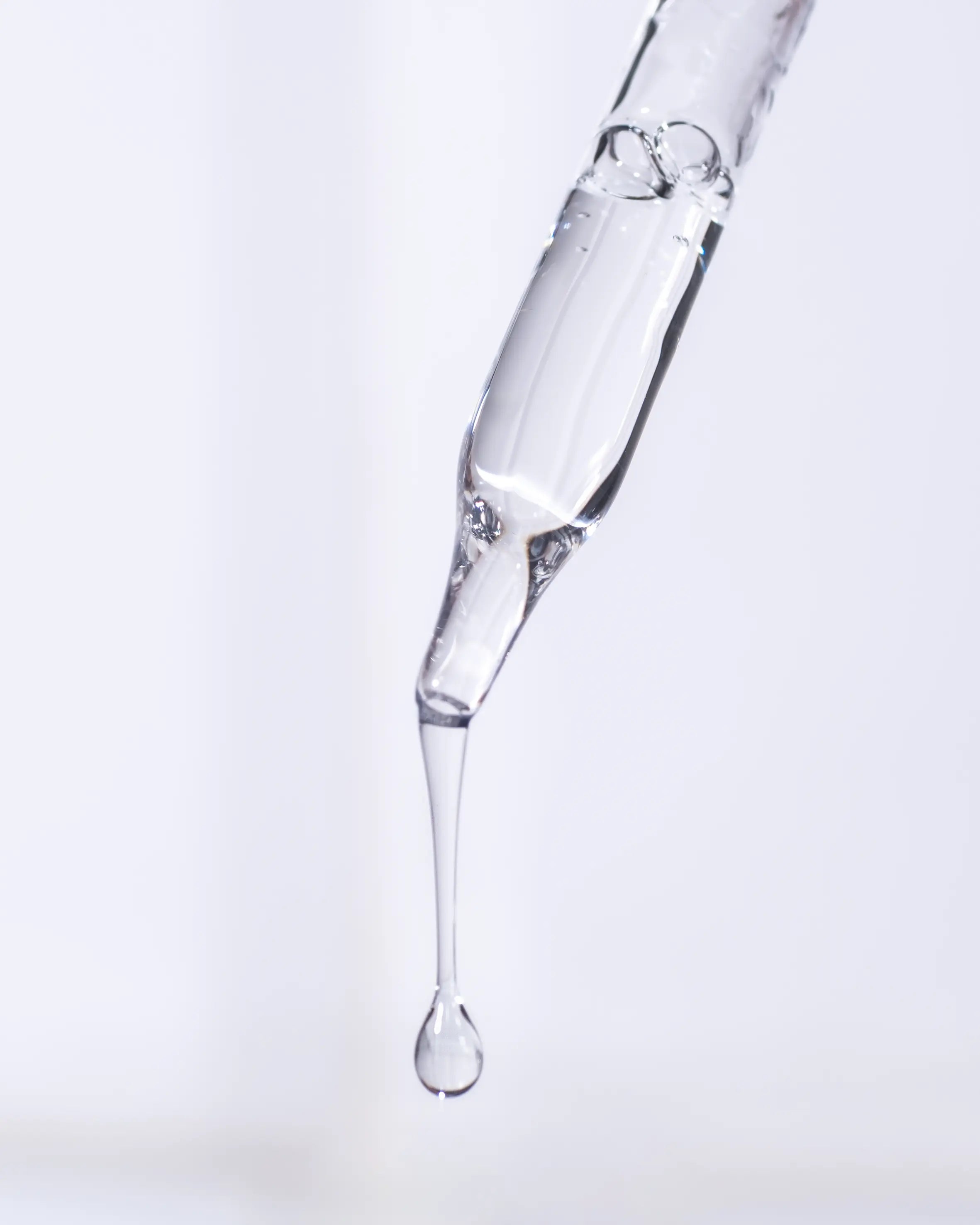
Mastering Oily Skin: A Comprehensive Skincare Guide
Navigating the challenges of oily skin goes beyond dealing with a shiny complexion, persistent acne breakouts, and makeup that seems to vanish before lunchtime. It's a common concern, prompting many to wonder, "Why does my skin insist on being so oily?" Despite the frustrations, there's a positive aspect: with the right approach, these issues can be effectively managed.
In this article, we aim to shed light on oily skin by merging expert insights with a comprehensive exploration of its causes, effective management strategies, and potential game-changing solutions. Rather than prescribing a one-size-fits-all routine, we delve into personalized care tactics that cater to the unique needs of those with oily skin. From understanding the underlying factors to identifying the best products, our goal is to help you find a skincare strategy that keeps your skin healthy, clear, and free from unwanted shine. Discover how to tackle oiliness with confidence, armed with knowledge and expert-recommended tips that could lead you to your skin's new best allies.
Discovering Your Skin Type
Achieving and maintaining a state of healthy, glowing skin begins with a crucial step: identifying your unique skin type. This foundational knowledge acts as your guide in navigating the vast sea of skincare products, enabling you to select those that align perfectly with your skin's specific needs and concerns. The spectrum of skin types ranges broadly, encompassing dry, normal, combination, and oily, each with its own set of characteristics and care requirements.
- Dry Skin: This skin type is marked by a sensation of tightness and visible flakiness. Dry skin lacks adequate moisture, making it imperative to choose products that hydrate and nourish deeply, thereby alleviating dryness and promoting a smooth, supple texture.
- Regular Skin: If your skin strikes a harmonious balance, feeling neither overly tight nor excessively oily—you have what's considered regular (or “normal”) skin. This type benefits from a balanced skincare regimen that maintains its natural equilibrium, focusing on gentle hydration and protection.
- Combination Skin: Navigating combination skin can feel like walking a tightrope, with dryness typically affecting the cheeks while the forehead, nose, and chin (the T-zone) exhibit oiliness. Products tailored for combination skin aim to address this dichotomy, offering hydration where needed without exacerbating oily areas.
- Oily Skin: Characterized by an enhanced sheen and a greasy feel, particularly around the T-zone, oily skin produces an excess of sebum. This natural oily substance, while essential for moisturizing and protecting both hair and skin, can become problematic in surplus. Overproduction of sebum is linked to a host of issues, including an increased likelihood of acne breakouts, the presence of blemishes, and the appearance of enlarged pores. For those with oily skin, the goal is to manage sebum production without stripping the skin of its natural oils, utilizing products that provide balance and clarity.
- Sensitive Skin: While often categorized on its own, sensitive skin can coexist with other skin types, such as oily, dry, or normal. This unique complexion is easily agitated, showing signs of redness, a burning sensation, itching, or dryness. Its heightened reactivity is primarily due to a predisposition towards external irritants, which may stem from specific ingredients—like dyes or fragrances—or environmental factors.
Understanding your skin type is more than just a preliminary step; it's a continuous journey of discovery and adjustment as your skin's needs evolve over time due to factors such as age, environment, and health changes. Armed with this knowledge, you can craft a skincare regimen that not only addresses current concerns but also anticipates and prevents potential issues, ensuring your skin remains radiant, healthy, and truly vibrant.
What Causes Oily Skin?
Understanding the underlying causes of oily skin is crucial for managing it effectively. Oily skin can be attributed to a variety of factors, ranging from genetic predispositions to lifestyle and environmental conditions. Below, we delve into the primary causes that contribute to an overproduction of sebum, the natural oil produced by sebaceous glands beneath the skin's surface, which can lead to a greasy appearance, enlarged pores, and an increased likelihood of breakouts and blemishes.
Genetic Factors
Oily skin can run in families. If your parents have oily skin, you're more likely to have overactive sebaceous glands.
Hormonal Fluctuations
Hormonal changes, especially fluctuations in androgens (hormones that influence the growth and reproductive functions), can significantly impact sebum production. An increase in androgens can lead to excess sebum, contributing to oily skin and its associated concerns.
Diet and Internal Health
The condition of your skin often reflects your internal health. Diets high in sugars, unhealthy fats, and processed ingredients may exacerbate oil production. Certain foods can stimulate the body to produce more oil than needed, affecting skin health.
Product Misuse and Overuse
Using wrong or excessive skincare products can strip the skin of its natural oils, prompting an overproduction of sebum in response. It's crucial to find a balance in your skincare routine to avoid exacerbating oily skin.
Environmental Factors
Living in hot, humid climates can increase skin oiliness due to the heightened moisture in the air. Seasonal changes also play a role, with people often experiencing oilier skin during warmer months.
Stress
Stress triggers the production of cortisol, a hormone that can signal your glands to produce more oil. Managing stress levels can therefore help in controlling oily skin.
Skipping Moisturizer
Contrary to popular belief, moisturizing is essential even for oily skin. Skipping it can lead to dehydration, prompting the skin to produce more oil. Opting for lightweight, water-based moisturizers can help maintain skin hydration without adding to oiliness.
Effective Strategies for Oily Skin Care
Navigating through oily skin care can seem daunting, but implementing a few strategic practices can make a significant difference. Here's a guide to managing oily skin effectively:
Gentle Cleansing
Twice daily, cleanse your face with lukewarm water and a cleanser tailored for oily or acne-prone skin. Choose products that are free of fragrances and harsh chemicals. For an enhanced cleaning experience, especially if you're dealing with persistent acne or large pores, start with an oil-based cleanser followed by a water-based one, embracing the double cleansing method.
Our Top Choice: Elysian’s Activated Charcoal Soap

Maintain Hydration
Oily skin often compensates for dehydration by producing more oil. Employ a light, oil-free moisturizer to keep your skin hydrated without adding to the oiliness. Regular moisturizing can help balance your skin's natural oil production.
Our Top Choice: Elysian’s Dermo-Regenerating Cream
The Elysian Dermo-Regenerating Moisturizing Cream is the ideal follow-up to the Activated Charcoal Elysian Soap, offering a synergistic approach to oily skin care. This natural, best-selling cream works to diminish wrinkles, lighten dark spots, and minimize pores, while balancing oily areas and evening skin tone. Suitable for all skin types, it effectively addresses a range of concerns from acne to rosacea, making it a versatile addition to your skincare regimen. Together, this duo deeply cleanses and hydrates, maintaining the skin's natural balance and preventing acne without over-drying, culminating in a radiant, even-toned complexion.

Oil Absorption Techniques
Carry blotting papers or sheets to dab away excess oil during the day, preserving your makeup and preventing added shine. A quick press with a blotting paper can instantly mattify your skin, offering a refreshed look.
Regular Exfoliation
Dead skin cells can accumulate, blocking pores and exacerbating oiliness. A consistent exfoliation routine can help clear these blockages, manage acne, and maintain clear pores, thus keeping oil production in check.
Our Top Choice: Elysian Volcanic Clay Mask
The Elysian Volcanic Clay Mask is our top recommendation for exfoliation, offering a blend of 100% pure volcanic clay packed with essential minerals for skin repair and nourishment. It deeply cleanses, detoxifies, and brightens, targeting acne, blackheads, and promoting elasticity and cell renewal. Its gentle exfoliating action removes dead skin, while anti-aging properties work to minimize wrinkles and improve circulation, leaving the skin silky and radiant. Suitable for all skin types, its lightweight and restorative nature makes it a versatile choice for achieving a fresh, luminous complexion.

Consult a Dermatologist
If your oily skin persists despite a dedicated skincare regimen, it might be time to seek professional guidance. A dermatologist can offer personalized advice and treatment options tailored to your skin's specific needs, helping you achieve a balanced and healthy complexion.
Adapting these approaches to your daily skincare routine can significantly improve the manageability of oily skin, ensuring it remains healthy, clear, and less prone to unwanted shine.
Conclusion
The journey through the landscape of oily skin reveals it to be influenced by numerous elements, from hormonal fluctuations to dietary habits, environmental conditions, and emotional stress. Sebum, while a guardian of skin health, can tip the scales towards skin concerns when in excess, leading to the familiar challenges of congestion and acne. Yet, the ability to completely halt sebum production remains beyond reach. What lies within our grasp, however, is the power to effectively control oily skin through a meticulously curated skincare routine and mindful lifestyle adjustments, paving the way towards a future where your skin’s natural glow is celebrated, free from the shadow of unwanted shine. At Punto Suave, we are devoted to delivering impactful solutions designed to meet the unique needs of diverse skin types and issues, enabling you to achieve a luminous, well-nourished complexion.




Leave a comment
This site is protected by hCaptcha and the hCaptcha Privacy Policy and Terms of Service apply.